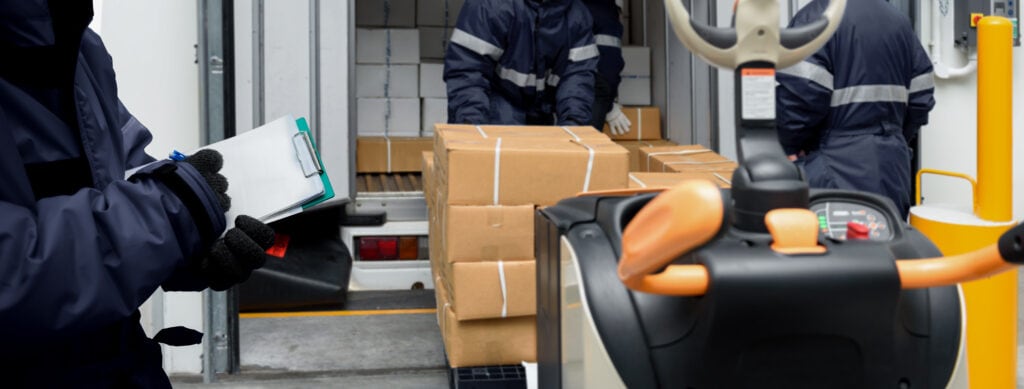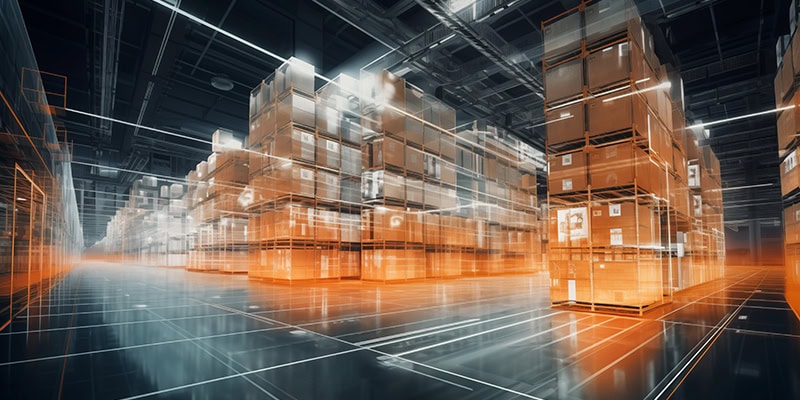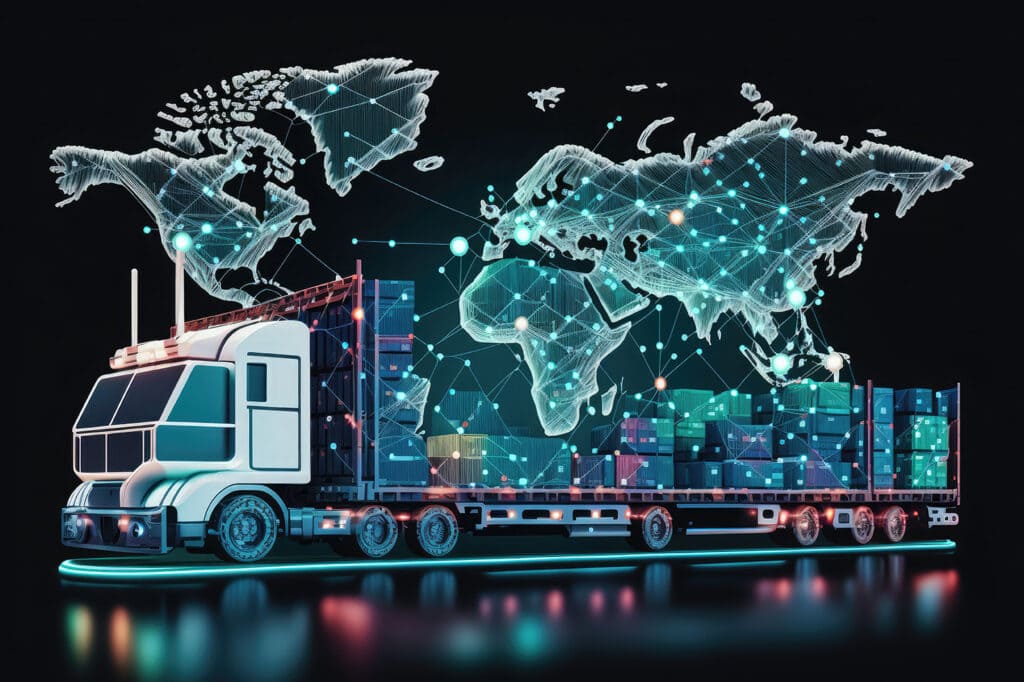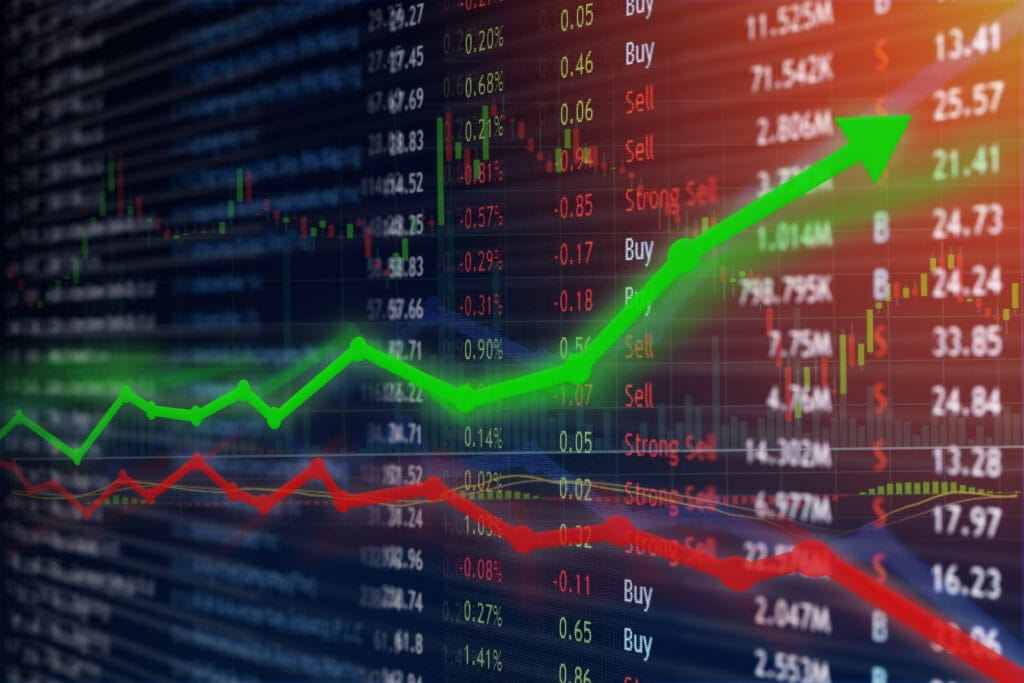Articles
IT Matters: Logistics & Supply Chain Technology

Smart Supply Chains Start With the Warehouse
The idea of a “smarter supply chain” is not a new concept. What’s new is the idea of a holistic approach that bridges high-quality processes, empowered employees, and cutting-edge technology.
Read More
Put Your Warehouse Management System to the Test: 10 Critical Steps
While WMS implementations can offer significant ROI, they also come with inherent risks. Here’s how to comprehensively test your warehouse management system:
Read More
Turning Cold Chain Data Into Smart Decisions
Supply chain companies have the data they need to optimize performance, but they lack the ability to turn that data into actionable insights. Here’s how they can put that data to use.
Read More
Warehouses Need Ecosystem Integration to Ensure Supply Chain Survival
As the dust settles after the pandemic ecommerce boom, the warehouse industry is returning to a new normal. Consumer activity over the past few years catapulted warehouse construction into overdrive to accommodate increased consumer spending. Now, the warehouse industry is adjusting to a new pace of slower demand.
Read More
4 Ways AI Provides Meaningful Impact
In transportation and logistics, the basis for impactful utilization of the full scope of AI capabilities lies with access to and understanding of data, which often is trapped in paper and manual processes.
Read More
Are We Ready for Fully Digital BoLs?
While the advantages of electronic bills of lading (eBoLs) are clear, several hurdles—complex implementation, legal concerns, and a reluctance to let go of established processes—hamper its adoption.
Read More
Next-Gen Logistics: AI and Innovation Trends in 2024
The logistics industry is on the brink of a major transformation, fueled by artificial intelligence and technological advancements. These changes target improvements in operational efficiency and customer experience. As these trends emerge, they’re reshaping logistics from its traditional role into a key driver of business success and customer satisfaction.
Read More
What Tech Trends Should You Prioritize?
Logistics organizations remain under pressure to control costs while dealing with unprecedented labor challenges. Historically, few have prioritized technology investment to help address these sorts of issues.
Read More
Dynamic Freight Pricing Done Right
Modern shippers rely exceedingly on transportation management system (TMS) solutions for several reasons. Staying competitive while curtailing distribution cost tops the list. Supply chains are also more complex, and the need for TMS and efficient freight pricing solutions is being felt more than ever.
Read More
Myth-busting AI in the Supply Chain
Over the past decade, supply chains have undergone a substantial digital transformation. One of the most significant factors driving this change has been the integration of artificial intelligence (AI) and automation technologies. As these technologies have become more prominent, however, so too have misconceptions about their impact on supply chain and logistics operations.
Read More
How to Navigate Your Supply Chain During Market Swings
Market conditions play a crucial role in shaping challenges professionals face when managing their organization’s supply chains. While bear markets are known for their economic uncertainty and declining stock prices, bull markets are characterized by investor optimism and rising asset values. Both markets present unique hurdles that supply chain professionals must adeptly navigate.
Read More
How AI Will Revolutionize Shipping
New technology solutions are making waves in logistics, especially around artificial intelligence (AI) and machine learning (ML). With huge potential for growth and supply chain improvement, logistics companies are using AI to build upon existing digital solutions and make them even more efficient.
Read More
10 Tips for Preparing for Supply Chain Ransomware Attacks
Cyberattacks in the manufacturing industry and supply chain have increased — here’s how leaders can reduce risk and prepare for responding to an attack today.
Read More
How Artificial Intelligence Is Improving Supply Chain Operations
AI may better describe augmented intelligence rather than artificial intelligence. While AI systems can help alleviate labor shortages, they often perform best while working alongside people and augmenting human intelligence.
Read More
3 Ways Predictive Analytics Improves Fulfillment
Organizations need the technical tools to provide operational insights that lead to smarter decisions about automating inventory management, warehousing, and distribution processes. With improved operational visibility, businesses can strengthen their order fulfillment and supply chain processes while keeping pace with customer expectations.
Read More
Artificial Intelligence in Fleet Management: The Advantages and Disadvantages of Using AI Resources in Fleet Operations
Today’s highly sophisticated and evolving artificial intelligence (AI)-driven tools and resources, including ones that leverage natural language processing like ChatGPT and Google’s new AI product Bard, are creating many new opportunities for organizations. However, the actual impact AI will have on transportation fleets in the areas of improved equipment asset management strategies, and operations such […]
Read More
Steps to AI Success in Your Warehouse
As global ecommerce expands, fulfillment operations need to look to artificial intelligence (AI) to keep pace with the demands of today’s digital supply chain. More and more organizations are considering digital technologies such as AI to improve supply chain performance.
Read More
Digitalization Unlocks Resiliency
Brands and retailers are navigating a seemingly endless cavalcade of new supply chain threats ranging from inflationary pressures to trade wars. Conditions seem unlikely to improve soon. As businesses work to build more resilient supplier networks, they must start by investing in a comprehensive digital transformation.
Read More
Stabilizing the Chemical Supply Chain
The chemicals industry may be stable, but the risks companies frequently face are volatile. Multi-stage shipping routes for hazardous or delicate materials incur risk at every step. Shifting to just-in-time inventories, with more frequent, smaller shipments, is a catalyst for procurement and logistics problems.
Read More
Leveraging NFTs to Elevate Shipment Security
Non-fungible tokens (NFTs) have the potential to revolutionize shipping. By digitizing the shipment process and providing a secure, tamper-proof way to track shipments, NFTs can help shippers protect their valuable cargo from theft and fraud.
Read More